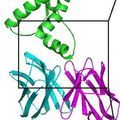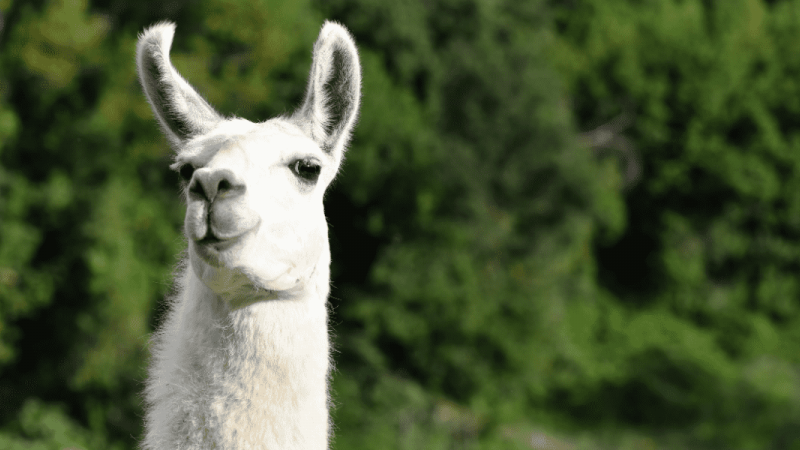 Antibodies able to bind to a protein in the brain show promise in mice for preventing fatal prion diseases like vCJD (variant Creutzfeldt-Jakob Disease).
Antibodies able to bind to a protein in the brain show promise in mice for preventing fatal prion diseases like vCJD (variant Creutzfeldt-Jakob Disease).
vCJD is a progressive neurodegenerative prion disease affecting both animals and humans. Prion diseases involve a change in shape of a protein, PrP, through interaction with infectious prion proteins. This faulty protein then builds up in the brain causing cell death. It is thought that antibodies could disrupt the binding of prions with PrP, so preventing the conversion.
The team began by producing a 3D-picture of the structure of the binding between antibodies and PrP using X-ray crystallography. This meant they could visualise exactly which parts of the two proteins bound together, and were then able to test a range of antibodies to see which were the most effective at blocking conversion of PrP.
Using a range of antibodies in mice they confirmed that, when PrP proteins in infected mice could not change shape, early brain damage was reversed and the onset of prion disease was prevented. The monoclonal antibody ICSM18 was found to work best in both cell and mouse-based studies. Human versions of the antibody are currently in production for future human trials.
See AnimalResearch.info page on BSE & CJD.
Last edited: 7 April 2022 14:28



